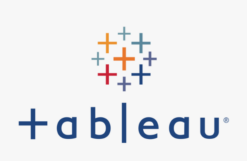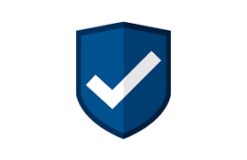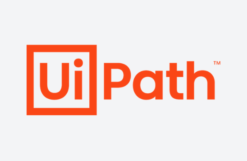Duration: 5 days – 35 hrs
Overview
The Introduction to JavaScript and Node.js training course is a dynamic learning experience designed to introduce participants to the fundamentals of JavaScript programming and the versatile Node.js runtime environment. Participants will gain hands-on experience with JavaScript syntax, functions, and modules, as well as explore the power of Node.js for server-side and asynchronous development. This course is ideal for beginners and developers looking to expand their skills.
A 5-day course outline for JavaScript development with React.js and Node.js can provide a solid foundation for students looking to become proficient in full-stack web development.
Throughout the course, provide hands-on exercises, assignments, and projects to reinforce the concepts learned each day. Encourage students to work on their own full-stack web application project that incorporates React.js and Node.js. By the end of the course, students should have a strong understanding of JavaScript development, React.js, Node.js, and be able to build and deploy full-stack web applications.
Objectives
- JavaScript Basics: Understand the core principles of JavaScript, including variables, data types, operators, and control structures.
- Functions and Objects: Create reusable functions and work with objects to build efficient code.
- Document Object Model (DOM): Manipulate web page content and structure using JavaScript.
- Asynchronous Programming: Grasp the concepts of callbacks, promises, and async/await for handling asynchronous operations.
- Node.js Essentials: Explore the capabilities of Node.js for server-side scripting and building scalable applications.
- Modules and NPM: Manage modules, use built-in and third-party packages, and work with the Node Package Manager (NPM).
- File System and Streams: Access and manipulate files and work with streams for efficient I/O operations.
- Event Handling: Utilize the event-driven architecture of Node.js for building real-time applications.
Audience
- This course is suitable for beginners, web developers, and IT professionals interested in gaining foundational knowledge of JavaScript programming and exploring the capabilities of Node.js.
Pre- requisites
- Basic understanding of computer and internet usage.
- Familiarity with general web browsing and navigation.
- No prior programming experience required.
- Access to a computer or device with internet connectivity for hands-on exercises.
- Eagerness to learn and a passion for web development and programming.
Course Content
Introduction to JavaScript and Node.js
- Introduction to JavaScript
- Variables, Data Types, and Operators
- Control Structures (if statements, loops)
- Functions and Modules in JavaScript
- Introduction to Node.js
- Setting up the Node.js environment
Node.js and Express.js
- Handling HTTP Requests and Responses with Node.js
- Introduction to Express.js
- Creating a Simple Express Application
- Routing in Express.js
- Middleware in Express.js
- Building RESTful APIs with Express.js
React.js Fundamentals
- Introduction to React.js and the Virtual DOM
- Creating React Components
- JSX (JavaScript XML) Syntax
- State and Props in React
- Handling User Input with Forms and Events
- React Component Lifecycle
React.js Advanced Topics
- React Router for Single Page Applications
- Managing State with Context and Redux
- Building Reusable UI Components
- Hooks in React (useState, useEffect, etc.)
- Forms and Form Validation in React
- Styling React Components (CSS-in-JS, Styled Components)
Full-Stack Development with React and Node
- Connecting React and Node.js
- Making API Requests from React
- Authentication and Authorization
- Database Integration (e.g., MongoDB with Mongoose)
- Building a Full-Stack Web Application
- Deployment Considerations
Advanced Topics and Project Development
- Advanced Routing in Express.js
- Real-time Web Applications with WebSockets (e.g., Socket.io)
- Introduction to Authentication with Passport.js
- Implementing OAuth for Authentication
- Project Development: Enhancing the Full-Stack Web Application
Project Completion and Deployment
- Project Development Continuation
- Testing and Debugging
- Optimizing and Refactoring Code
- Finalizing the Full-Stack Web Application
- Deployment Strategies (e.g., AWS, Heroku, or Vercel)








